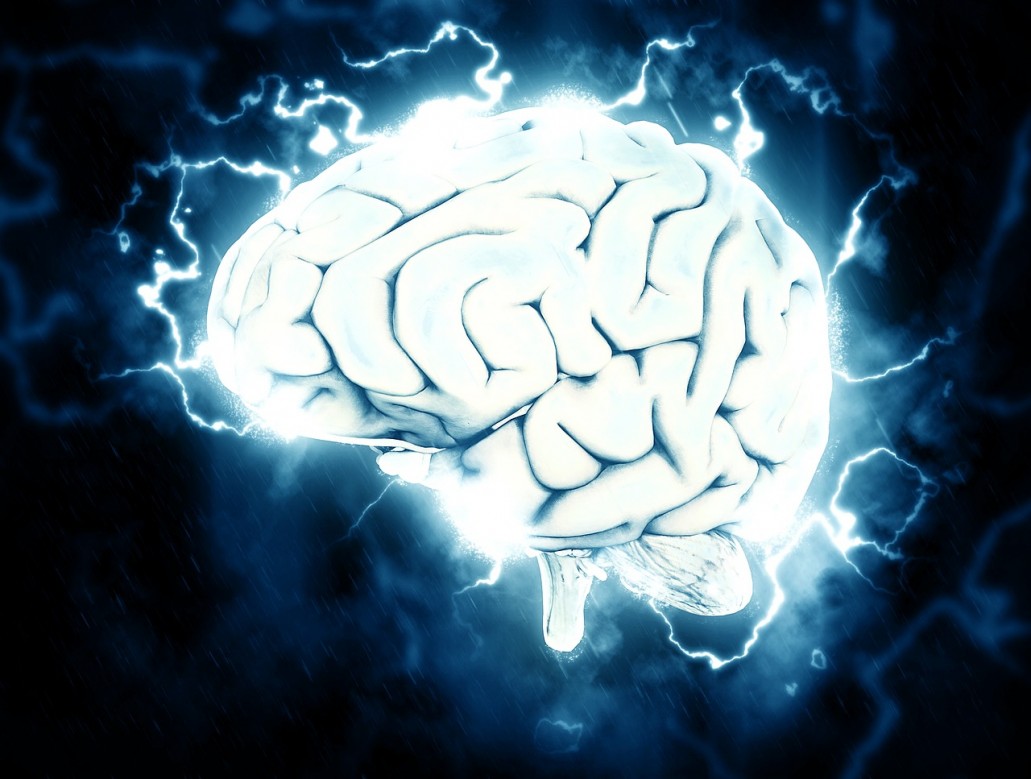The 1st September marks the start of Migraine awareness week. Migraines are the third most common disease in the world with it affecting around 1 in 7 people globally! Anyone can get a migraine, including young children. There are 9 different types of migraine, including vestibular (affecting balance) and abdominal. The most common migraine is migraine without aura, this is usually a moderate-severe unilateral (one sided) headache, that often can last up to 72 hours. An aura, the symptoms that precede a migraine, generally lasts for less than an hour and mostly consists of visual disturbances, such as, zigzag flashing lights, loss of focus in vision and dark spots. Most migraine sufferers generally take the aura as a warning of the onset of a migraine. A migraine may give other symptoms such as, sensitivity to light and odours (photophobia and hyperosmia) and nausea and vomiting. The true physiology behind migraines is not fully understood, but it is thought to be caused by vascular inflammation in the cranium (head) and susceptibility has a strong genetic correlation.
Migraines have a number of triggers, with the most common being: stress; sleep deprivation and certain foods such as chocolate, coffee and alcohol. Hormones often play a major role in migraines, and is thought to be why women are almost 3 times more likely to suffer with migraines than men, as fluctuating oestrogen levels during the menstrual cycle have been found to be a strong migraine trigger.
There are many medicinal and non-medicinal treatments that have been found to be effective for the treatment of migraines. Many of the non-medicinal treatments are offered at The Vale Practice, such as: Reflexology, which can help to improve the flow of Qi through the head which is thought to cause migraines; Osteopathy and Massage can help relieve restrictions in the neck and and help with relaxation, which may reduce the risk of a migraine attack; Acupuncture has also been found to be significantly effective for the treatment of migraines, with it growing in popularity and now being offered in some areas of the NHS.
If you have any questions about any of the treatments mentioned in this post, please email on info@thevalepractice.co.uk or phone: 0208 299 979. If you want to find out more about migraines, then head over to https://www.migrainetrust.org/
Written by the Osteopathic Team at the Vale Practice

